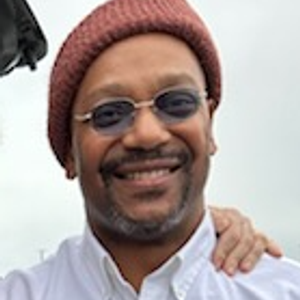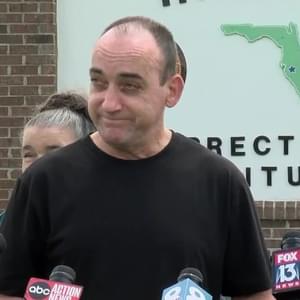The wrongful conviction of Eddie Joe Lloyd (pictured), a mentally ill man who was exonerated in 2002 after serving 17 years in prison for a rape and murder he did not commit, has prompted Detroit to join a growing list of jurisdictions that now require videotaped interrogations of suspects. A decade ago, only Minnesota and Alaska required police to videotape interrogations, but today, at least 450 police departments across the country have implemented the practice in an effort to prevent coerced confessions. “When you put it all on videotape, it gives you no leeway. You can watch it. I can watch it. The jury can watch it. I always say it’s like having an instant replay so you know whether the guy went out of bounds in a football game or whether the tennis ball went out of the court,” said Thomas P. Sullivan, a former U.S. Attorney in Chicago who has studied interrogation procedures.
In 1984, Lloyd was a patient at the Detroit Psychiatric Institute. Suffering from delusions that he had a special ability to solve crimes, Lloyd sent a letter to police saying he wanted to help in the investigation of the killing of 16-yaer-old Michelle Jackson. The letter was similar to other ones Lloyd had sent to police. Attorneys for Lloyd said that when police interrogators came to the hospital to question their client about the letter, they fed him details of the crime and convinced him that confessing to the murder would help them find the real killer. DNA evidence later exonerated Lloyd, and prompted Detroit to rethink its policy on videotaping interrogations. Barry C. Scheck, a lawyer who helped negotiate the new policy with the city on behalf of Lloyd’s family, noted, “Detroit in this case has real symbolism to it. It sends a message to other police chiefs that even in the most difficult departments, this is something you can get done. That’s the significance of this.” Lloyd died in 2004, two years after he was released from prison.
(New York Times, April 11, 2006). See Innocence.
Innocence
Mar 01, 2024




